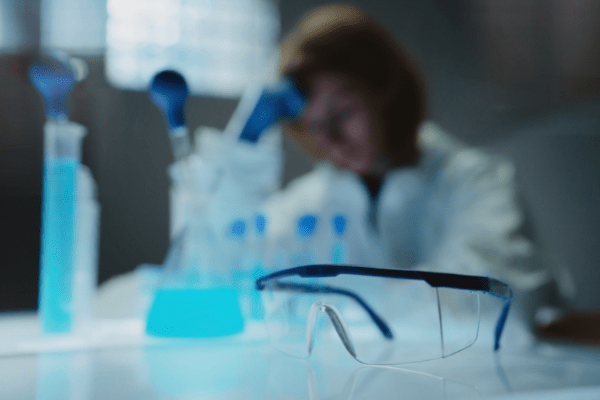Australian scientists are feeling fatigued, overworked and insecure in their work, according to a survey of 1300 people by Professional Scientists Australia and Science & Technology Australia (STA).
The large annual survey of professional scientists, undertaken in June 2021, showed that fatigue is climbing and morale dropping among our country’s scientists, as job losses and insecure work have stretched people to the brink during the pandemic.
The survey found that one in five scientists plan to leave the profession altogether over the next few years, while one in four scientists are on fixed-term contracts averaging just 18 months in length, highlighting some serious concerns regarding the future of talent in this vital sector across Australia.
These risks come following a massive jump in scientists reporting that fatigue has risen over the past year, up from 54.6% in 2020 to 71.6% in 2021. Meanwhile, 62.5& of scientists surveyed said morale fell in their workplace in the last year, up from 45.8% the previous year.
There are further challenges facing women in science, with this survey finding there’s a 17% gender pay gap between male and female salaries.
STA chief executive Misha Schubert said this year’s Federal budget will be legacy-defining for the future of science in Australia, given the risks currently facing the sector.
“There’s a huge risk that many more of our brilliant scientists will hit breaking point and just walk away if we don’t fix this broken system of insecure work,” she said.
“We need stronger investment in science such as a $2.4 billion Research Translation Fund and much greater job security for scientists to avert a disastrous loss of talent and pursue a science-led recovery.”
The survey found that a full-time scientist in Australia is paid a base salary of just under $119,000 a year, with a total package of roughly $135,000.
However, wage growth has decelerated in the last year and is now well below the cost of living. Currently, roughly one in four scientists are on average, signed up to fixed contracts of eighteen months.
Less than half the scientists surveyed said they were satisfied with their current level of pay while over one-third were dissatisfied.
Almost two-thirds of respondents said their morale has been lower in the last year than the previous year.
Both Professional Scientists Australia and STA, who in total represent more than 90,000 science and technical professionals, say these results reveal more than the effects of COVID-19 pressures alone.
Schubert believes the federal government can address the issue with secure, long-term funding and better job security in public institutions, while employers should put science careers on a more secure footing.
In Australia, a mere 1.79 percent of GDP is dedicated to research and development.
Over the last ten years, the rate has fallen steadily and is now below the global average for advanced economies — highlighting just where other advanced economies are moving to invest heavily in research and development.
Read the full survey here.


